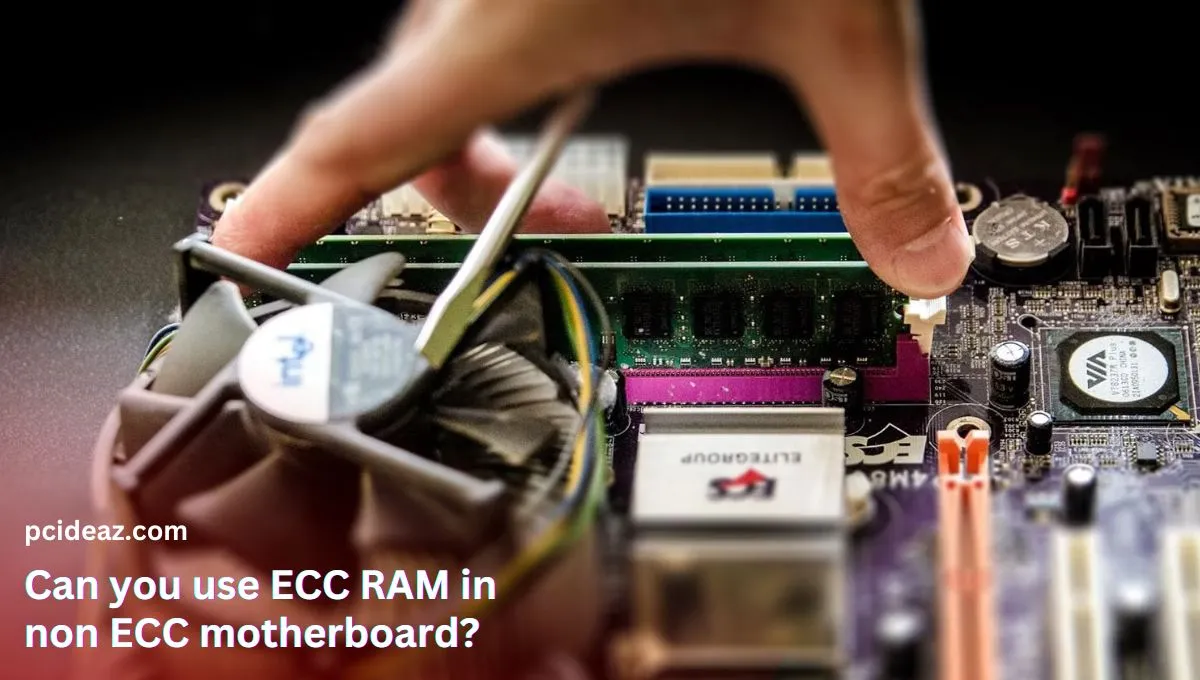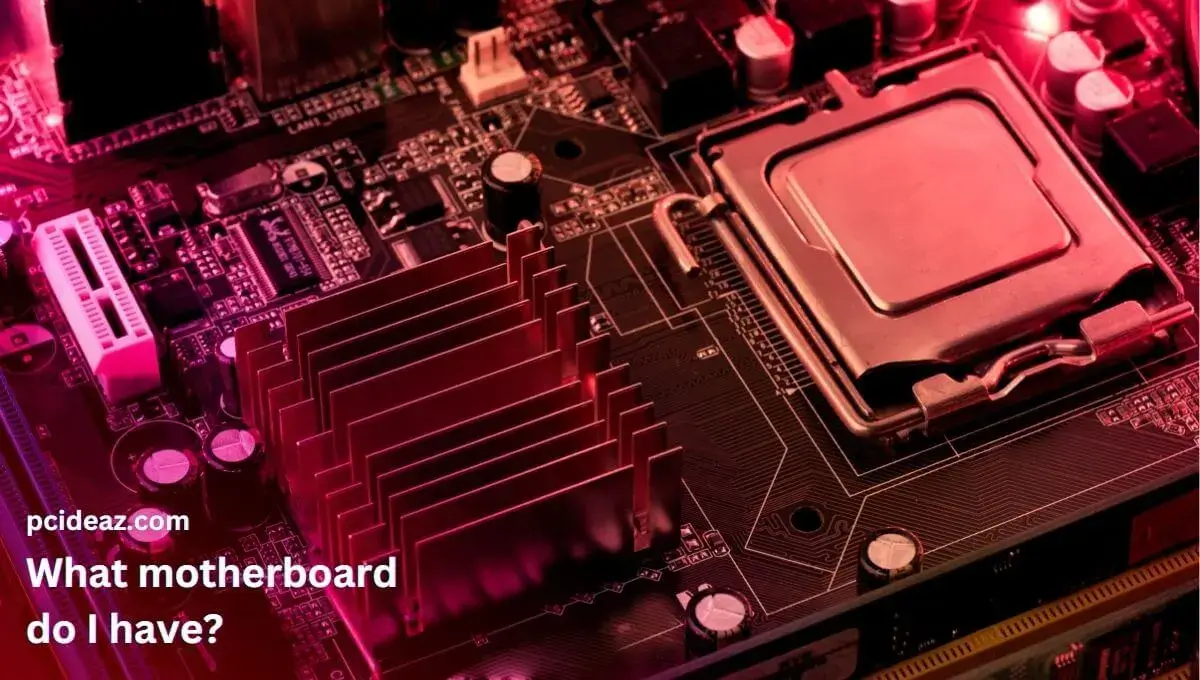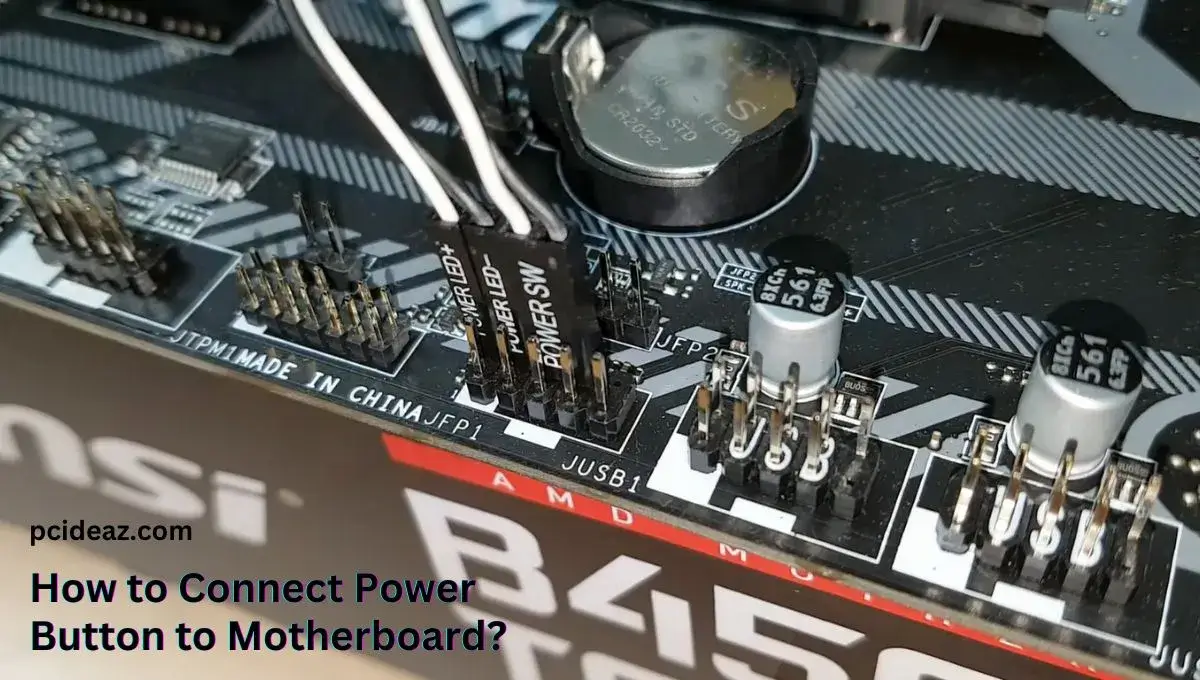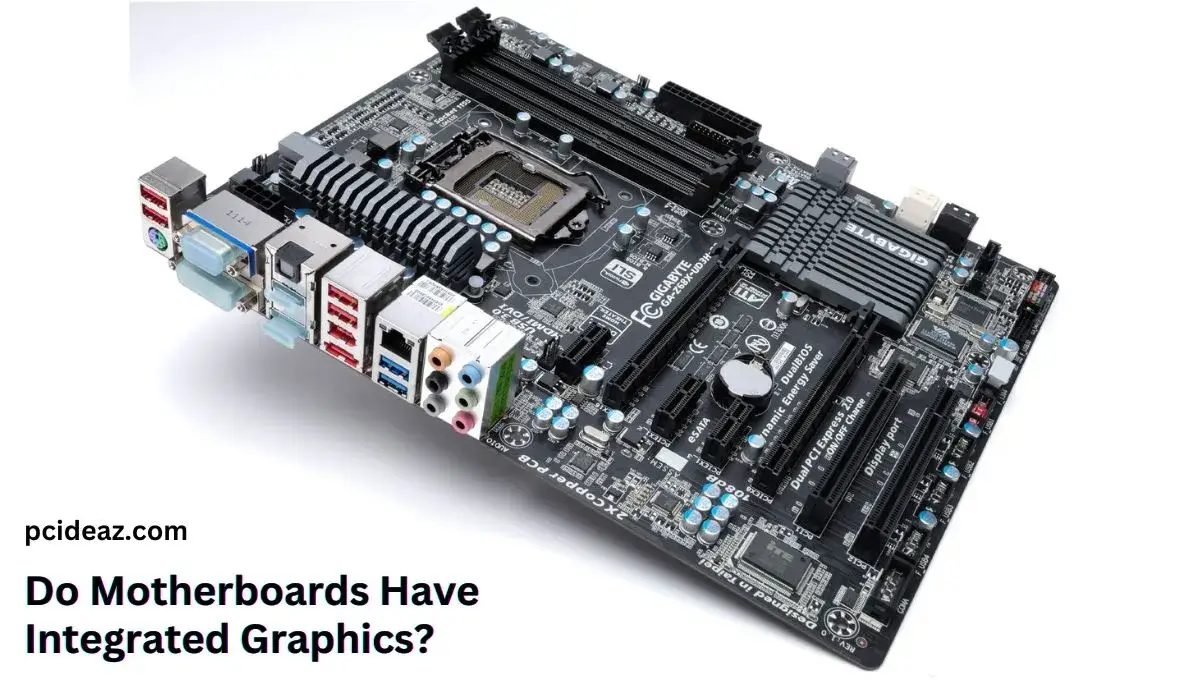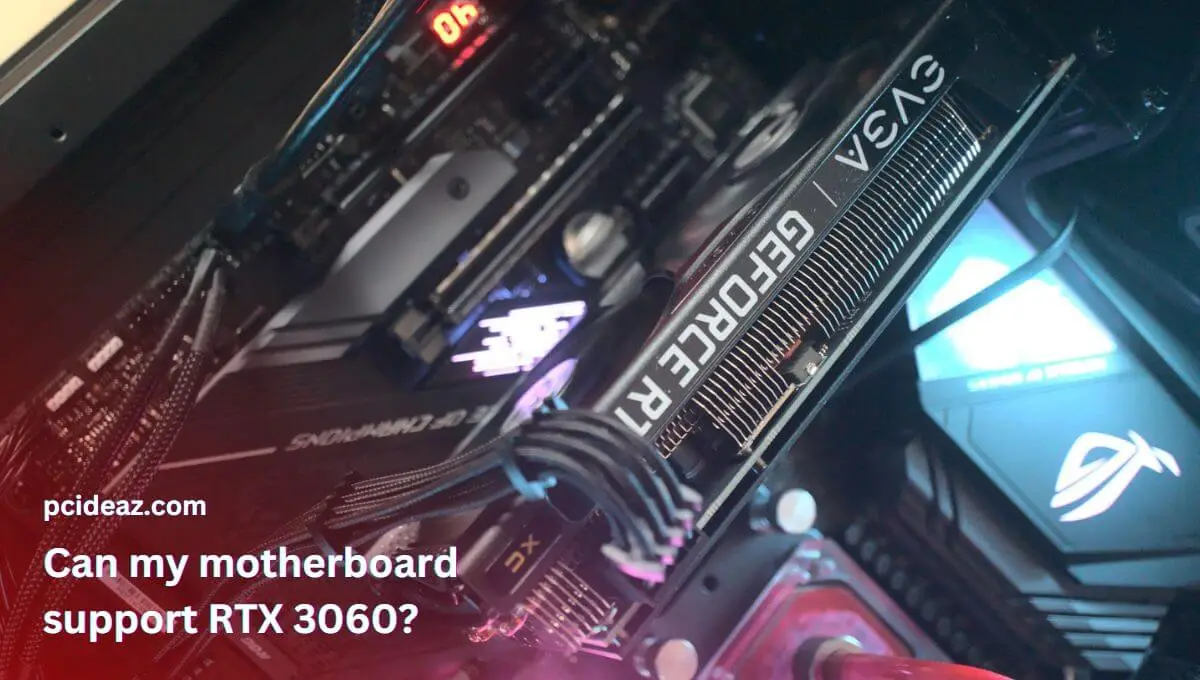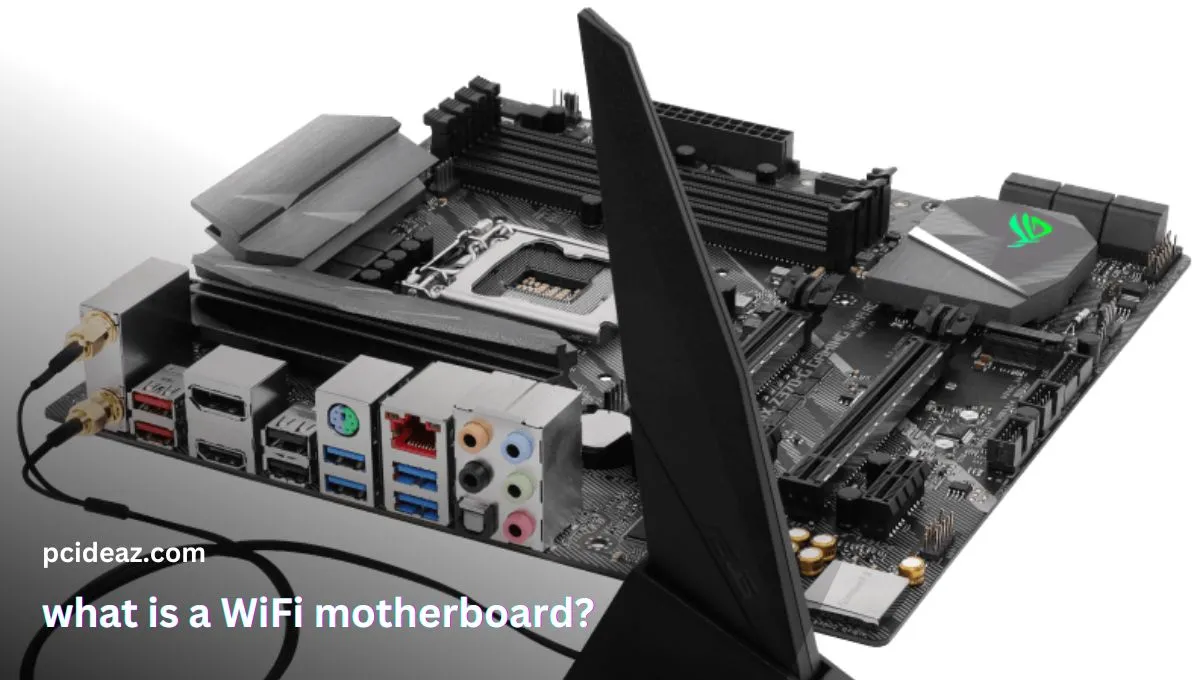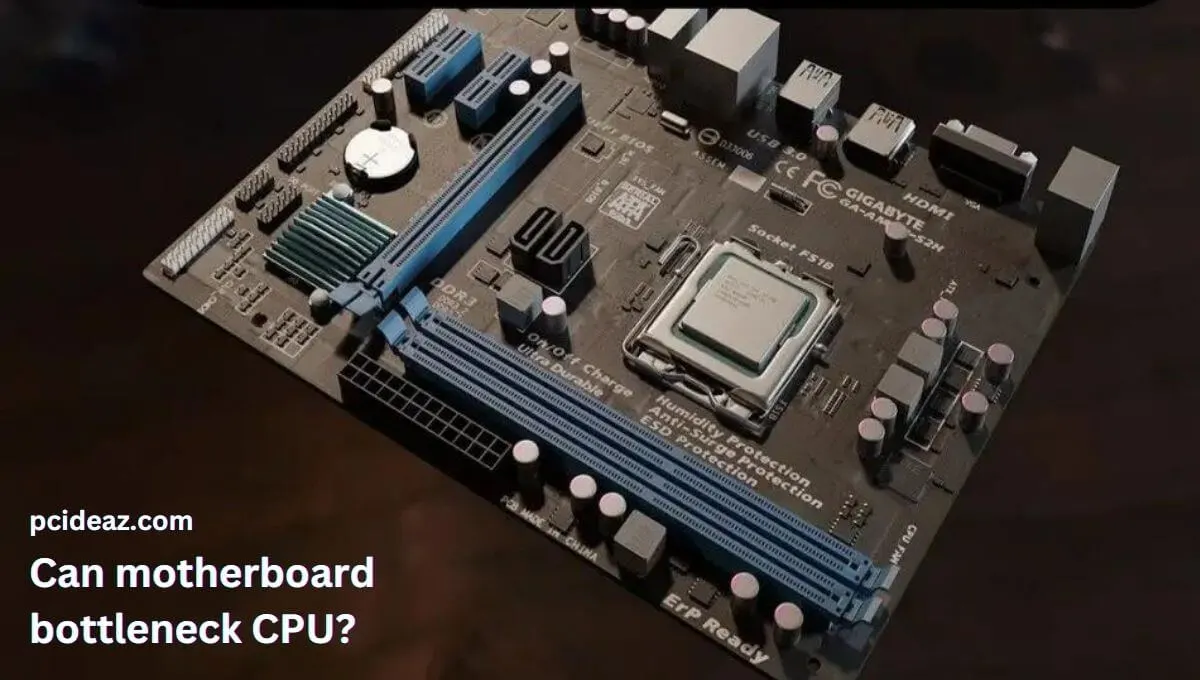ECC RAM (Error-Correcting Code RAM) is a type of RAM that is designed to detect and correct single-bit memory errors. It is often used in mission-critical applications where data accuracy is essential. But not all motherboards support ECC RAM, so it is important to know can you use ECC RAM in non ECC motherboard and its potential risks and advantages.
In this article, we’ll be exploring the debate of whether or not it’s a good idea to pair ECC RAM with non-ECC motherboards, along with the potential risks, advantages, and disadvantages of such a setup. We’ll also examine how ECC RAM works and how it can affect the performance of your system. Let us get started with the topic!
Key Takeaways
- Using ECC RAM in a non-ECC motherboard can cause compatibility issues and reduced system performance.
- Non-ECC motherboards lack the hardware support necessary to recognize and utilize the additional chip present in ECC RAM.
- ECC RAM is more expensive and typically used in servers, workstations, and mission-critical applications where data integrity is paramount.
Can you use ECC RAM in non ECC motherboard?
While installing ECC RAM in a non-ECC motherboard may be physically possible, it is generally not recommended as it can lead to compatibility issues and reduced system performance. ECC RAM has an additional chip for error checking and correction, which non-ECC motherboards are not designed to use. This can result in communication issues and system errors.
Furthermore, using ECC RAM in a non-ECC motherboard prevents some of its features from being utilized, such as detecting and correcting memory errors. This diminishes one of the primary advantages of using ECC RAM. Therefore, it is best to avoid using ECC RAM in a non-ECC motherboard and ensure that it is compatible with ECC RAM before purchasing it.
Understanding ECC RAM and non-ECC Motherboards
ECC (Error-Correcting Code) RAM is a type of memory designed to detect and correct errors that may occur during data storage or transfer. It does this using an additional chip that checks for errors and corrects them automatically without manual intervention.
Non-ECC motherboards, on the other hand, are not designed to work with ECC RAM. They do not have the hardware support necessary to recognize and utilize the additional chip present in ECC RAM. Therefore, using ECC RAM in a non-ECC motherboard can lead to compatibility issues and reduced system performance.
Non-ECC motherboards are generally less expensive than ECC motherboards since they do not have the extra hardware required for error checking and correction. However, they are also more prone to errors, and system crashes since they lack the additional error-correcting capabilities of ECC RAM.
Compatibility of ECC RAM in non-ECC motherboards
ECC RAM and non-ECC motherboards have different hardware requirements, and they are not compatible with each other. ECC RAM has an additional chip for error checking and correction, which non-ECC motherboards do not have the hardware support to recognize or utilize.
Therefore, using ECC RAM in a non-ECC motherboard can lead to compatibility issues, reduced system performance, and even system crashes. Non-ECC motherboards do not have the hardware required to read and utilize the additional bits of ECC RAM, which can result in communication issues and errors.
It is essential to note that ECC RAM is more expensive than non-ECC RAM, and it is not typically used in consumer desktops and laptops. ECC RAM is usually used in servers, workstations, and mission-critical applications where data integrity is paramount.
The following are the aspects that you have to remember when pairing ECC RAM with a non-ECC motherboard.
- Non-ECC motherboards may not be able to recognize ECC RAM. This means that while the RAM may still work, it won’t be able to use the ECC feature, which can lead to data corruption and system instability.
- Non-ECC motherboards may not be able to provide the same level of performance as ECC motherboards. This may lead to system slowdowns, increased latency, and reduced memory bandwidth.
- Non-ECC motherboards may also be limited in terms of how much ECC RAM can be used. For example, some motherboards may only support a maximum of four DIMMs of ECC RAM, while larger motherboards may support up to eight DIMMs.
Note: ECC RAM can be used in non-ECC motherboards, but users should be aware of the potential compatibility issues before doing so. Careful testing and research should ensure the system is stable and up to expectations.
